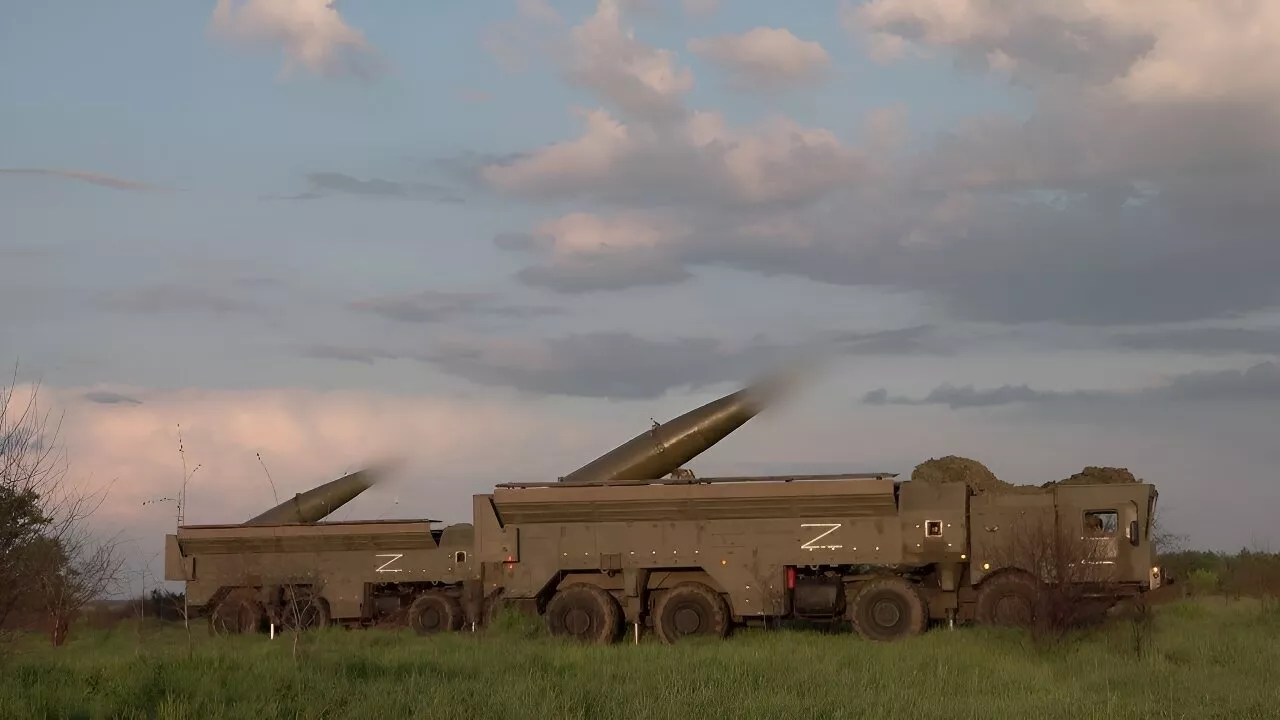Researchers at the University of Michigan have developed a groundbreaking real-time 3D temperature mapping system for nuclear microreactors.
A team of researchers at the University of Michigan has developed a groundbreaking real-time, 3D temperature mapping system for nuclear microreactors.
Nuclear microreactors, small enough to be transported by a semi-truck, are seen as a viable solution for providing energy in remote locations, disaster relief situations, and military operations.The new system, detailed in a study published in Applied Mathematical Modelling, utilizes a novel theoretical foundation to evaluate basis functions, which are used to describe fundamental trends in data.
“One of the main challenges” to achieving wider adoption of nuclear microreactors is the ability to ensure that we know what’s going on inside the reactor at any given time, said Brendan Kochunas, an associate professor at U-M and senior author ofThe researchers believe their method, which is well-suited for remote operation due to its computer-memory-aware nature, could be a game-changer for digital twin systems.
Energy &Amp Environment Nuclear Reactor
Norge Siste Nytt, Norge Overskrifter
Similar News:Du kan også lese nyheter som ligner på denne som vi har samlet inn fra andre nyhetskilder.
 Nuclear arms more prominent amid geopolitical tensions: ResearchersThe role of atomic weapons has become more prominent and nuclear states are modernizing arsenals as geopolitical relations deteriorate, researchers said Monday, urging world leaders to 'step back and reflect'.
Nuclear arms more prominent amid geopolitical tensions: ResearchersThe role of atomic weapons has become more prominent and nuclear states are modernizing arsenals as geopolitical relations deteriorate, researchers said Monday, urging world leaders to 'step back and reflect'.
Les mer »
 Nuclear Terrorism 'Risks Are High,' Researchers WarnThere is an increased demand for, and availability of, nuclear materials, with fewer ways of controlling them, a new report says.
Nuclear Terrorism 'Risks Are High,' Researchers WarnThere is an increased demand for, and availability of, nuclear materials, with fewer ways of controlling them, a new report says.
Les mer »
 Uranium science researchers investigate feasibility of intentional nuclear forensicsDespite strong regulations and robust international safeguards, authorities routinely interdict nuclear materials outside of regulatory control.
Uranium science researchers investigate feasibility of intentional nuclear forensicsDespite strong regulations and robust international safeguards, authorities routinely interdict nuclear materials outside of regulatory control.
Les mer »
 South African researchers test use of nuclear technology to curb rhino poachingResearchers in South Africa have injected radioactive material into to the horns of 20 rhinos as part of a research project aimed at reducing poaching. The idea is that radiation detectors already in place at national borders would detect the horns and help authorities arrest poachers and traffickers.
South African researchers test use of nuclear technology to curb rhino poachingResearchers in South Africa have injected radioactive material into to the horns of 20 rhinos as part of a research project aimed at reducing poaching. The idea is that radiation detectors already in place at national borders would detect the horns and help authorities arrest poachers and traffickers.
Les mer »
 South African researchers test use of nuclear technology to curb rhino poachingResearchers in South Africa have injected radioactive material into to the horns of 20 rhinos as part of a research project aimed at reducing poaching.
South African researchers test use of nuclear technology to curb rhino poachingResearchers in South Africa have injected radioactive material into to the horns of 20 rhinos as part of a research project aimed at reducing poaching.
Les mer »
 South African researchers test use of nuclear technology to curb rhino poachingResearchers in South Africa have injected radioactive material into to the horns of 20 rhinos as part of a research project aimed at reducing poaching.
South African researchers test use of nuclear technology to curb rhino poachingResearchers in South Africa have injected radioactive material into to the horns of 20 rhinos as part of a research project aimed at reducing poaching.
Les mer »
